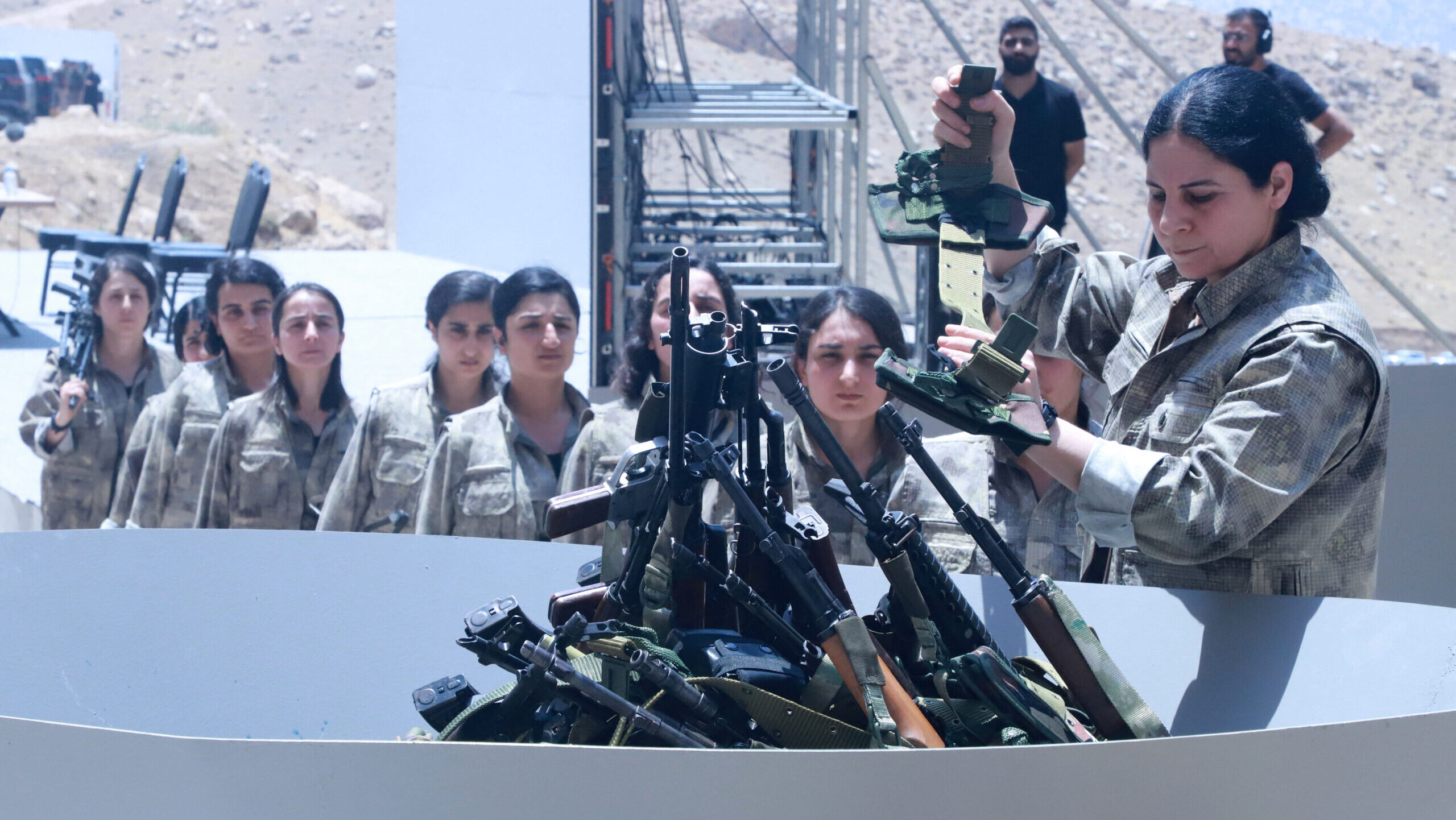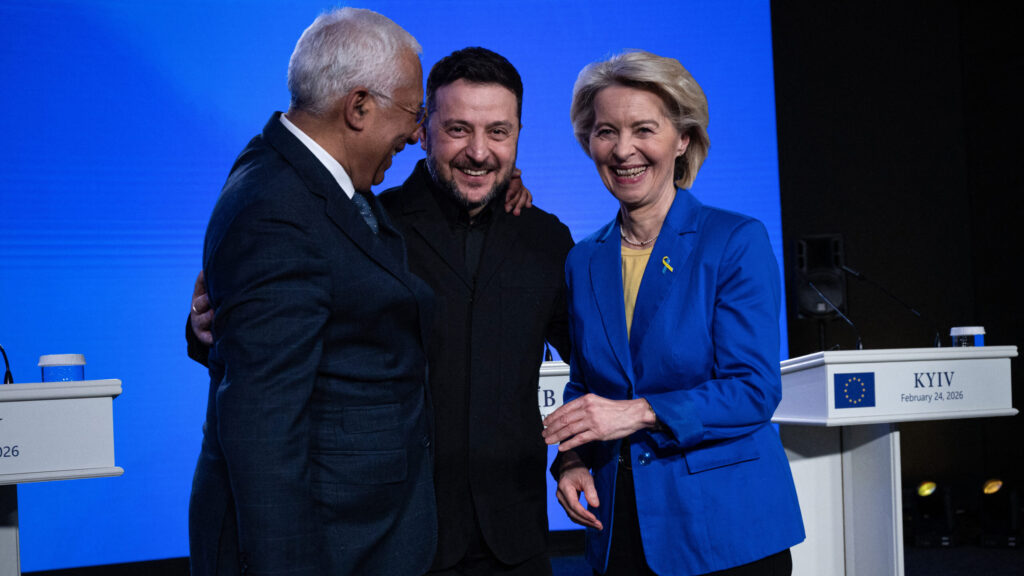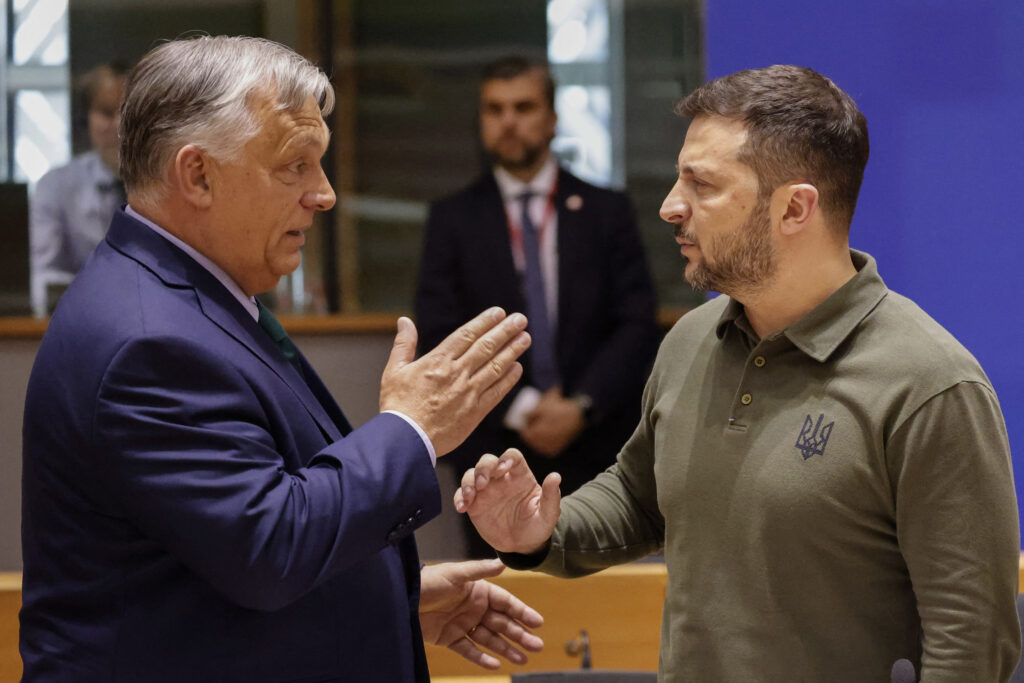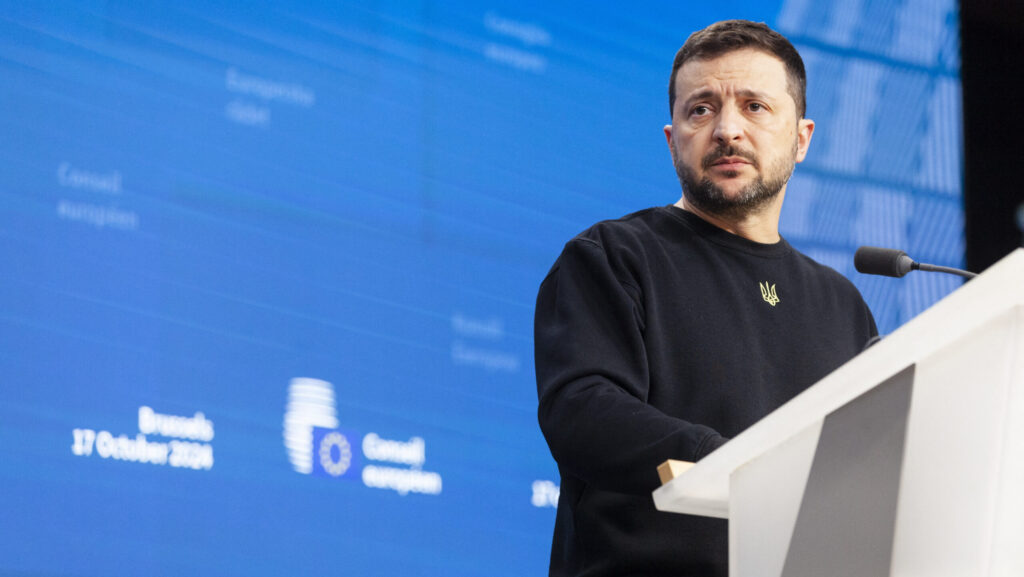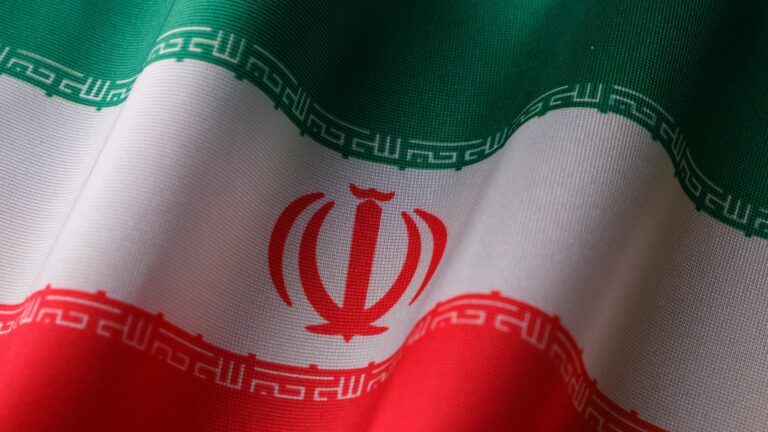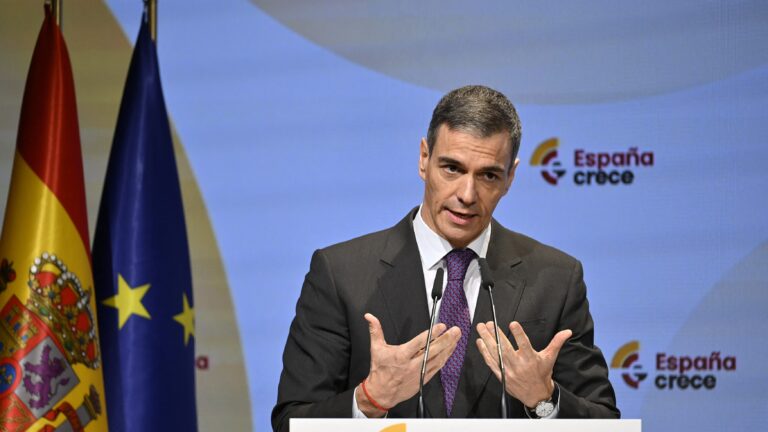15 July 2016 brought irreversible changes in Türkiye. After the failed coup attempt conducted by elements of the military linked to the ‘Gülenist’ movement—the Fetullahçı Terör Örgütü (FETÖ), designated as a terrorist organization by the Turkish government—the country’s leadership changed its political system from a parliamentary to a presidential one, granting more versatility and power to Recep Tayyip Erdoğan to crack down on members of the organization. During the state of emergency that followed the coup attempt, there was a sweeping purge across the military, police, administrative, and public sectors to remove potential FETÖ members, alongside the introduction of broader surveillance, policing, and detention powers.
15 July is now characterized as the ‘rebirth’ of Türkiye’s modern democracy and has since become a symbol of national unity. However, another significant legacy of the failed coup is the vision—later taking shape as a concrete initiative—of a ‘Terror-Free Türkiye’. Although officially launched in early 2024, propelled by Nationalist Movement Party (MHP) leader Devlet Bahçeli’s call for Kurdistan Workers’ Party (PKK) leader Abdullah Öcalan to advocate for disarmament, Terror-Free Türkiye is deeply linked to the post-2016 political vision of the country.
As Erdoğan stated in his commemoration speech on Tuesday, the sacrifice of the 15 July martyrs and veterans ‘were not in vain’ and that the vision of a Türkiye free from terrorism is their lasting legacy. He argued that mobilization in defence of democracy had strengthened national unity and prepared the nation to confront internal and external terrorist threats in a more assertive manner. Presidential Communications Director Burhanettin Duran also emphasized during his address on 16 July that the failed coup attempt sparked a ‘brand new political culture and mindset, based on the will of the people’—a foundation stone for the broader Century of Türkiye vision, which includes creating a terror‑free nation.
Terror-Free Türkiye is a multifaceted approach: strong domestic leadership, a restructured, post-2016 defence and security apparatus, and inclusive political engagement involving Erdoğan’s Justice and Development (AKP) party, MHP, and the Peoples’ Equality and Democracy Party (DEM). The goal is clear: to root out every terrorist organization—including FETÖ and PKK—from Türkiye and, in a broader context, from the entire region. That also means launching anti-terror operations abroad in neighbouring countries like Iraq.
Results So Far
The results of the campaign are already clear. In February 2025, PKK leader Öcalan made a public plea to the organization to lay down their arms, culminating in PKK’s formal dissolution declaration at its 12th congress in May. The first major symbolic step occurred on 11 July, just days before 15 July, when PKK members burned their weapons in northern Iraq—signalling a concrete commitment to ending decades of violence. The next steps are focused on the completion of disarmament, legal reintegration, and regional stabilization. Turkish authorities expect the process to be fully wrapped up by early 2026, with a parliamentary commission established in Ankara overseeing each phase. This includes verifying that all arms have been surrendered (likely by September 2025) and transitioning PKK structures into lawful, civilian political activity, aligned with the group’s declaration to pursue its goals through democratic means.
Founded in 1978 by Öcalan, PKK began an armed insurgency in 1984 seeking an independent Kurdish state—later shifting to demands for autonomy and cultural rights within Türkiye. Through the 1980s and 1990s, the conflict escalated into a de facto war. PKK guerrillas staged ambushes and bombings, targeting military and civilian locations across southeastern and western Türkiye, spurring government offensives into northern Iraq. The 1990s saw particularly brutal fighting, with heavy casualties: the Yavi massacre on 25 October 1993, in which PKK members disguised in military uniforms killed 38 civilians and injured around 50 in Erzurum province. After Öcalan’s capture in 1999, violence temporarily waned but flared again in the mid‑2000s and surged after peace talks collapsed in 2015.
‘In February 2025, PKK leader Öcalan made a public plea to the organization to lay down their arms’
That already signals the significance of Terror-Free Türkiye’s results. Meanwhile, the fight against FETÖ also hasn’t slowed down, as Erdoğan emphasized on 15 July. ‘We successfully overcame the organization’s greatest threats and greatest attacks. First, on 17 and 25 December, and then on 15 July, we defeated the traitors. However, we have still not been able to eradicate the FETÖ virus from our system completely,’ Erdoğan stressed. As Daily Sabah pointed out, the terrorist group faces operations almost daily as investigators still try to unravel its massive network of infiltrators everywhere. In 2024 alone, police apprehended hundreds of FETÖ suspects across the country, including fugitives on western borders trying to flee to Europe.
The Ankara Chief Public Prosecutor’s Office has prepared 34,896 indictments against FETÖ since the 15 July 2016 coup attempt, it said on the same day. According to reports, the Terror Crimes Investigation Bureau has concluded investigations into 201,617 cases related to the coup attempt. During this period, investigations into 283,274 individuals have been completed, and 34,896 indictments have been issued. Moreover, on Tuesday, eight suspects were arrested from FETÖ’s network within the Foreign Ministry, following an investigation by the Ankara Chief Public Prosecutor’s Office. They were identified as using the organization’s secret communication tool, ByLock, and had records of repeated calls from payphones and landlines. Witness testimony indicates they are members of the organization.
Terror-Free Türkiye Benefits Europe Too
Terror-Free Türkiye, however, is not only favourable for the security of the country alone. It is also significant for Europe, with Hungary in it. Hungary’s migration policy is different from that of the European Union in many aspects: it emphasizes strong border protection and, instead of accepting countless migrants, believes it should help the origin countries solve the problems that are causing migration in the first place. Through the Hungary Helps initiative, the government provides infrastructural and humanitarian aid for the MENA region and Africa, but that alone doesn’t solve the problem. Many of those seeking a better life in Europe do so because of the activities of various terrorist organizations in the region.
That is where Türkiye comes into the picture. As emphasized by Hungarian Defence Minister Kristóf Szalay-Bobrovniczky earlier this year, ‘Hungary highly values Türkiye’s counterterrorism efforts, which play a crucial role in ensuring regional stability and strengthening Europe’s security.’ The two countries have recently expanded their defence ties, elevated to a strategic partnership back in 2023. Szalay-Bobrovniczky expressed satisfaction that the relations between the two countries are at their ‘most advanced level’, noting that Hungary is proud of ‘maintaining cooperation with Türkiye both directly and within NATO.’
Related articles:

